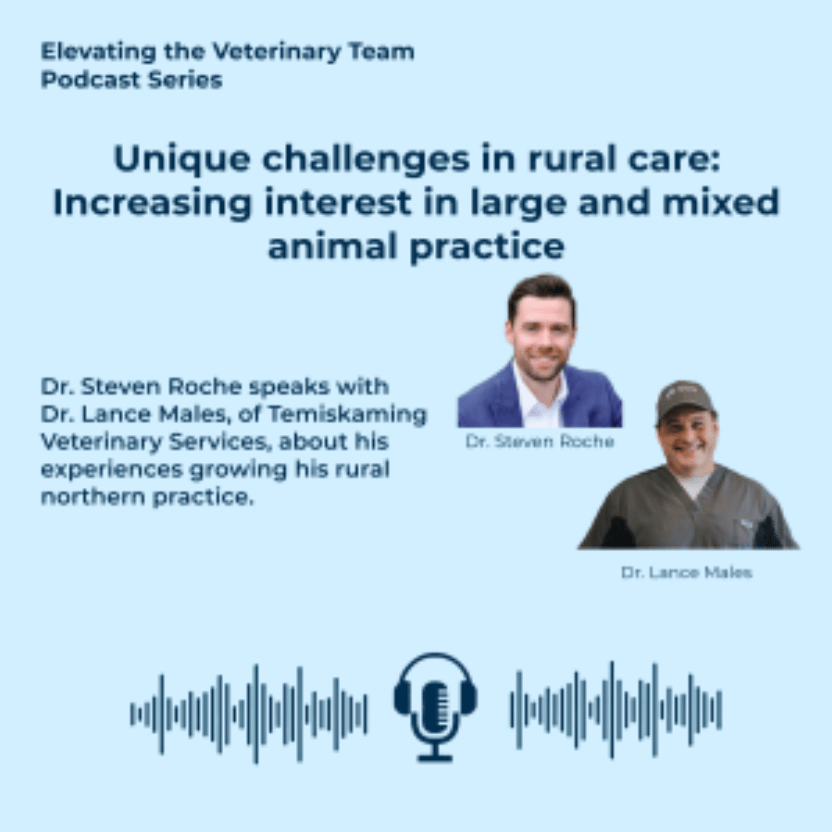- ACER Consulting
- Posts
- Field Notes Issue 29
Field Notes Issue 29
November 2025
Have You Signed Up For our Agricultural Communication Waitlist Yet?
ACER is creating resources, courses, and events to help you become a more effective communicator in agriculture.

Whether you call it knowledge mobilization, science communication, extension, or knowledge translation, the goal is the same: getting information off the shelf and into the right hands.
If you are passionate about maximizing impact through good communication, join our new waitlist - By joining you’ll be the first to know when new courses, resources, and events launch!
Research: What’s the Point?
The challenges of moving research into impact within the current university climate, from the point of view of a recovering academic.
This month, Claire Windeyer reflects on the gap between academic research and real-world impact — and what it means for those trying to bridge the two.
In universities, “impact” is often measured by citations, not societal change. Yet for research to truly matter, it needs to move beyond journal pages and into practice. That shift will take more than goodwill: it demands a rethink of how universities value, reward, and support applied research and engagement.
𝗧𝗟;𝗗𝗥
🎓 Academia’s culture and metrics still tend to reward publication over practical impact — creating barriers to meaningful knowledge transfer.
⚖️ Basic and applied research are too often pitted against each other, when both are essential parts of a continuum.
💼 Researchers are expected to be everything at once — teacher, scientist, mentor, communicator — with little structural support for outreach or extension.
📊 Current “impact” measures (citations, H-index) can miss what really counts: how research shapes policy, practice, and communities.
🌉 Building bridges between research and real-world use will require new incentives, roles, and recognition — including legitimate career paths for knowledge brokers.
🌾 True impact means reimagining the role of universities: not just as creators of knowledge, but as active partners in solving problems.
Read the full piece on our LinkedIn below!
What Are We Reading This Month?
An assessment of the environmental sustainability of beef production in Canada
Citation: Aboagye, I. A., Valappil, G., Dutta, B., Imbeault-Tétreault, H., Ominski, K. H., Cordeiro, M. R., ... & McAllister, T. A. (2024). An assessment of the environmental sustainability of beef production in Canada. Canadian Journal of Animal Science, 104(2), 221-240.

In a nutshell: The research team conducted a comprehensive assessment of the environmental footprint of Canadian beef production, quantifying greenhouse gas emissions, water and land use, and other key indicators across production systems. Their analysis highlights that feed production and on‑farm cattle management are the largest contributors to environmental impact, while including dairy‑beef in the system can modestly reduce greenhouse gas intensity. The study also shows meaningful improvements since 2014, reflecting progress in sustainable practices, but regional differences and system variation remain important. These benchmarks offer valuable guidance for producers and advisory services looking to target high‑impact areas and support ongoing sustainability improvements.
Real-World Resources
Podcast
Unique challenges in rural care: Increasing interest in large and mixed animal practice
 | Join us for episode five of the College of Veterinarians of Ontario’s Elevating the Veterinary Team podcast! Steve Roche talks to Dr. Lance Males of Temiskaming Veterinary Services about his experiences growing his rural northern practice. Lance is a graduate of the Ontario Veterinary College, a professor of veterinary science at Northern College since 2004, and a member of the ProVet Alliance. |
